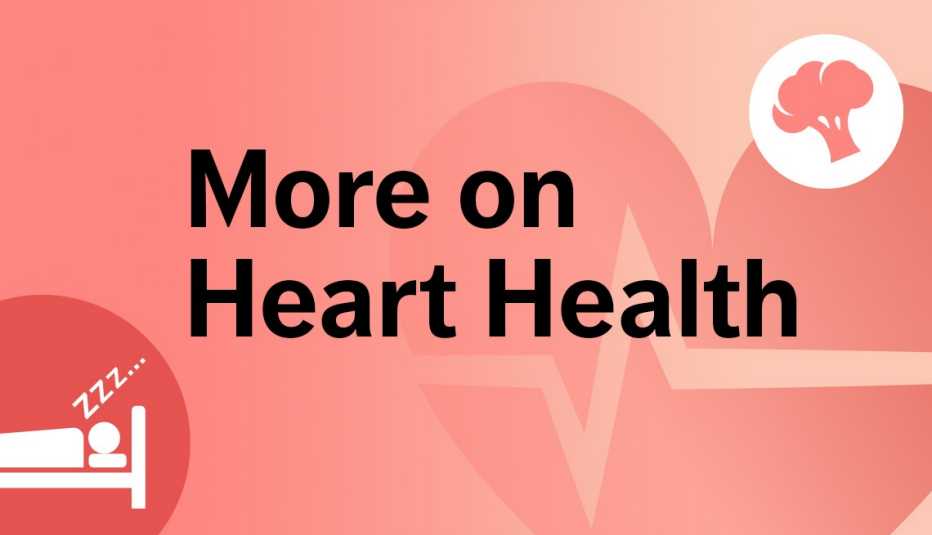Staying Fit


You know the drill: Exercise, eat a Mediterranean-style diet, get a good night's sleep and tame your stress to optimize the health of your heart.
"You can't really get on a path to wellness without addressing all four of these,” says cardiologist Dara Lee Lewis, M.D., codirector of the Women's Program at the Lown Cardiovascular Group in Boston.


AARP Membership— $12 for your first year when you sign up for Automatic Renewal
Get instant access to members-only products and hundreds of discounts, a free second membership, and a subscription to AARP the Magazine.
But recent research suggests some unexpected ways to further protect your heart's health. Try these tactics also to lower your risk for both heart attacks and strokes:
Take a hot bath daily
There's nothing wrong with having a nice long soak in the tub while winter weather and the ongoing COVID-19 pandemic have you spending more time at home. In fact, doing so may give you an extra heart boost. High temperatures cause the blood vessels to dilate, which lowers blood pressure. Plus a hot bath helps with lowering stress, one of the four pillars of heart health.
A new study in the journal Heart confirms these benefits. Researchers tracked the bathing habits and health records of some 30,000 people ages 40 to 59 in Japan for more than 20 years. Compared with people who took baths less than twice a week, those who soaked in a tub almost every day had a 28 percent lower risk of heart problems overall and a 26 percent lower risk of stroke. The findings held up even when researchers took into account other factors that can affect heart health, such as exercise, a smoking habit and diet.
Just stretch
It doesn't replace a vigorous bike ride or brisk walk, but according to a recent study from Europe, mere stretching may reduce the risk of heart attack and stroke by improving blood flow, which in turn is believed to decrease stiffness and damage to the walls of your arteries.
To test the idea, researchers at the University of Milan divided 39 men and women into three groups. One group did leg, ankle and foot stretches five times a week for 40 minutes, while another group stretched just one side of the body. The third group didn't stretch at all. When the study ended 12 weeks later, those in the stretching groups had significantly improved the health of their blood vessels compared to those who didn't stretch.


































































More on Health
Why Women Should Pay More Attention to Their Blood Pressure
New research suggests they could benefit from earlier treatment
Real People, Real Heart Attack Stories
Readers react with their own tales of survival in their own wordsYour Cardiovascular Health After 50
How can I keep my heart in top shape?